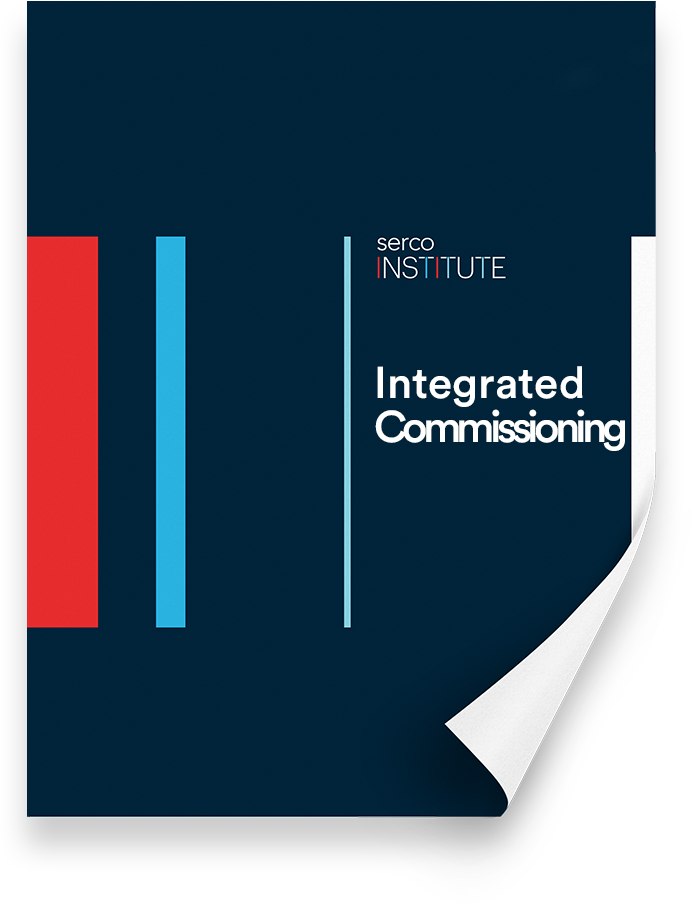
There are a number of challenges in creating and maintaining local choice and responsiveness. It implies a diverse spread of local small and medium enterprises (SMEs), including many from the voluntary and community sector (VCS) and newly emerging mutuals. Paradoxically, large-scale and complex public service commissioning has required an increasingly centralised state, which lacks the exibility and sensitivity to manage local networks and often produces unintended consequences.
However, the emergence of the ‘integrator’ establishes a promising model to implement decentralisation – a prism refracting central direction into a diverse array of provision. An integrator is an organisation strategically deployed by the commissioner with specific responsibility for mapping and then assembling a network of local providers to achieve agreed outcomes. Historically both central and local governments have performed this role but with a poor return on investment.
The model has evolved further with the use of prime contractors to manage large, complex infrastructure projects through a blend of self-delivery and supply chain management. The separation of roles between the commissioner, prime and provider has created greater clarity in respective roles and responsibilities but has also resulted in some blurring in the lines of accountability. The translation of prime contractors into the social sector, such as large welfare to work contracts in the UK and US, has led to a further evolution in accountability as the role of the end-user has become a more important consideration in service design.
